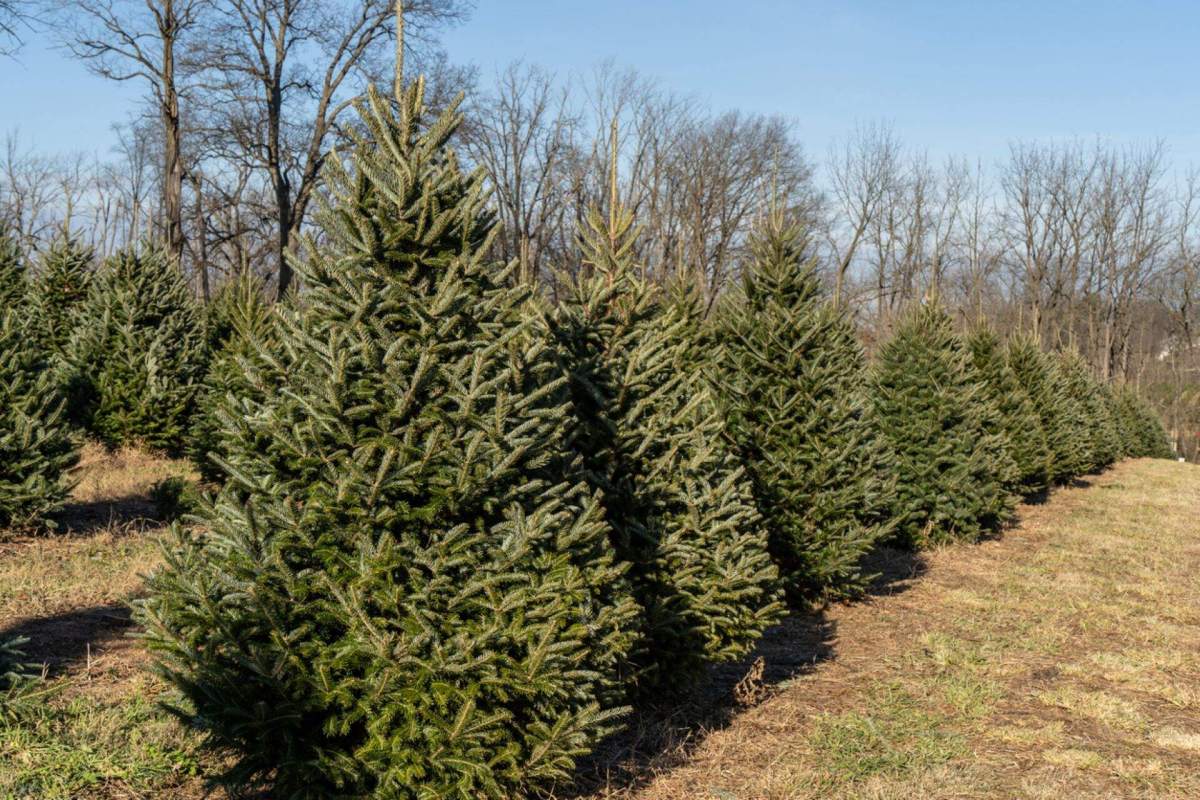After 45 years studying Washington's fir trees, Dr. Gary Chastagner has earned the nickname "Dr. Christmas Tree," KOMO News reports.
Christmas trees are a $42 million industry in Washington, according to the state's Department of Agriculture. Washington's Christmas tree harvest is the fourth-largest in the U.S., and many of the trees are exported to other states and countries, including Hawai'i, California, Canada, Mexico, and destinations in Asia.
Given that fir trees bring so much money into the state, it's obvious that their health would be of major importance. That's where Chastagner comes in. Chastagner is the head of the Christmas Tree Research Program at the Washington State University Puyallup Research and Extension Center's Ornamental Plant Pathology Program, KOMO News reveals.
The program has a long history of improving Christmas tree agriculture in the state. "You have to be able to produce a high-quality product. It has to be free of diseases," Chastagner told KOMO News.
Those diseases include issues like Phytophthora root rot, which doesn't have a simple fungicide treatment. That means that in addition to looking for cures for various tree diseases, Chastagner and his team also look for strains of fir tree that resist getting sick in the first place and go longer without dropping their needles.
In place of the noble and Fraser firs so common in Washington, Chastagner's testing has identified Nordmann fir and Turkish fir as high-quality species that could make growing Christmas trees in the state easier than ever.
One of the challenges Chastagner and his team have to plan for is the world's rising temperature, which has already started to have a dramatic effect on agriculture. Georgia lost most of its peach crop this year, and the global olive supply is facing a crisis thanks to the shifting climate.
"When you look at the forecast on what the forecast changes are as it relates to climate, it will have an effect on a number of Christmas tree issues," said Chastagner.
Nevertheless, he has made incredible progress. "We've been able to have a significant impact and improve the ability of growers to produce high-quality Christmas trees; from my standpoint, that's what it's all about," he told KOMO News.
Join our free newsletter for cool news and actionable info that makes it easy to help yourself while helping the planet.









